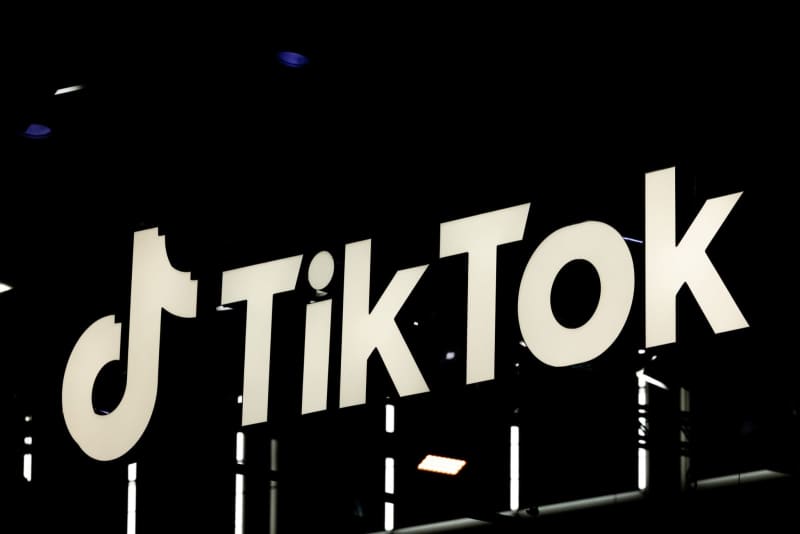Albania’s Prime Minister, Edi Rama, has announced an impending ban on the Chinese video-sharing platform TikTok, with plans to enforce this prohibition for one year. The ban is set to take effect in approximately six to eight weeks, following the completion of necessary technical preparations. Rama’s remarks in the capital, Tirana, reflect growing concerns within the country regarding the platform’s content, particularly its impact on the youth. He criticized TikTok for offering what he described as “filth and dirt” in its Chinese version compared to its international offerings. This decision is indicative of a broader critique of social media platforms that are perceived to endanger children and teenagers.
The urgency of this ban was underscored by a recent tragic event in Albania, where a 14-year-old student was fatally stabbed during a confrontation initiated by a TikTok-fueled dispute. This incident not only shocked the nation but also ignited discussions surrounding the potential dangers associated with the app, especially its role in facilitating violent encounters among young people. Rama’s comments emphasized that TikTok has effectively “taken hostage” young users, suggesting that the platform can have deleterious effects on their interactions and behaviors. The gravity of this situation has led the Albanian government to take decisive action in addressing the influence of social media on youth violence.
While the Albanian government is firm in its decision to ban TikTok, the specifics of how such a ban will be enforced remain uncertain. Countries that have previously implemented similar bans have often faced challenges, as users find ways to circumvent restrictions. Many resort to techniques like using virtual private networks (VPNs), which can mask a user’s location and allow access to blocked content. The potential for such workarounds raises questions about the efficacy of the proposed ban and whether it will significantly deter use of the app among the population, especially the youth whom the government is primarily seeking to protect.
The move to restrict TikTok in Albania also highlights a growing trend among governments worldwide to scrutinize and regulate social media platforms, especially those that are foreign-owned. Concerns over data security, misinformation, and user safety have prompted various nations to take a stand against platforms perceived to undermine societal norms or national security. Albania’s planned ban on TikTok reflects a similar sentiment, as authorities become more vigilant about protecting their citizens from potential harmful influences stemming from uncontrolled digital spaces.
In addition to the social and ethical implications of TikTok, the analysis of its content distribution reveals significant discrepancies between the platform’s offerings in China and other nations. This raises broader questions about cultural influences and the impact of digital content on societal values. The disparity in content between TikTok’s Chinese version and the international versions suggests a deliberate strategy aimed at conforming to varying cultural and regulatory expectations. Rama’s emphasis on the negative aspects of TikTok’s content indicates a desire to shield Albanian youth from exposure to material deemed inappropriate or harmful.
Ultimately, Albania’s proposed ban of TikTok will serve as a litmus test for the effectiveness of government intervention in curbing the influence of social media on vulnerable populations, particularly children and adolescents. As discussions surrounding online safety continue to evolve, the outcome of this ban may influence future policies regarding digital content and user engagement across various platforms not only in Albania but potentially in other nations grappling with similar concerns. The effectiveness of such a ban will likely depend on the implementation strategies employed by the government and the public’s response to potential restrictions on their digital access.

